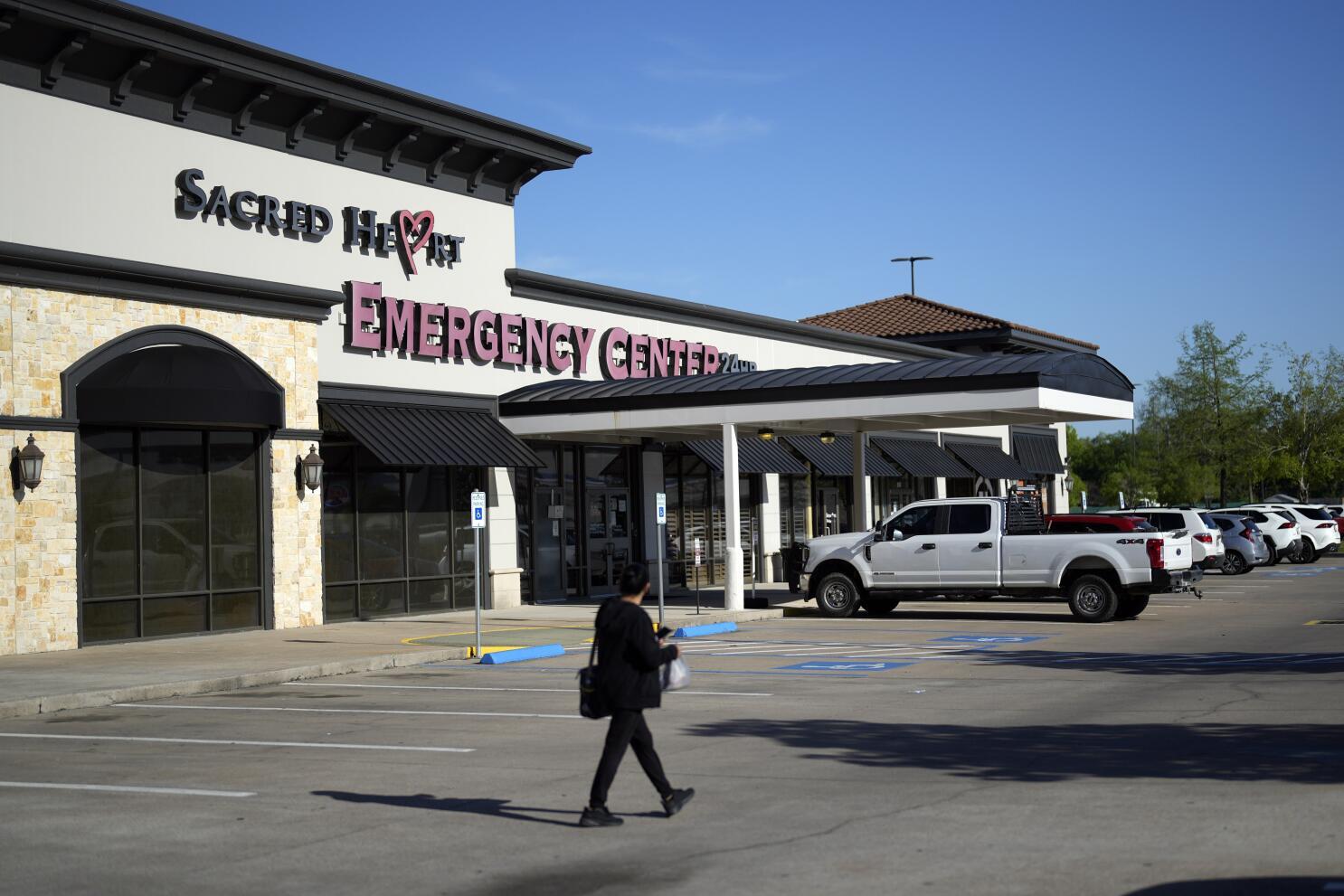The discourse surrounding reproductive healthcare and access to emergency services has ignited controversy, with allegations that extreme political ideologies are influencing medical care. A recent incident involving a woman who miscarried in a restroom while hospital staff allegedly refused assistance has sparked intense debate and political finger-pointing.
Democrats argue that such incidents illustrate a broader pattern of neglect and obstruction by Republican lawmakers and judges, suggesting that they bear responsibility for the consequences.
However, skepticism emerges as some voices question the validity of the claims, dismissing them as politically motivated exaggerations. The assertion that hospital staff refused aid due to the absence of obstetric services is contested, with conflicting narratives clouding the truth. Despite assertions that the incident did occur, doubts persist among skeptics, highlighting the complexities surrounding the issue and the challenges in discerning facts from conjecture.
Emergency rooms refused to treat pregnant women, leaving one to miscarry in a lobby restroom https://t.co/vz3hHjs3PS
— The Associated Press (@AP) April 19, 2024
Beyond the specific case, broader patterns of denial of care to pregnant women are brought to light, with reports of similar incidents across different regions. Instances, where women were turned away from medical facilities ill-equipped to handle their conditions, underscore the risks and gaps in access to comprehensive healthcare services. These accounts shed light on systemic failures and highlight the need for improved education and protocols within healthcare institutions.
A Houston woman miscarried in a restroom toilet in the ER lobby while her husband called 911 for help, as hospital staff refused to help her.
There is no other way to say it: extremist GOP politicians and judges have blood on their hands.
Bring on November. https://t.co/bEL7sB7Ur3
— Gina Ortiz Jones (@GinaOrtizJones) April 19, 2024
Critics argue that blaming political parties for individual medical emergencies oversimplifies the issue and deflects attention from underlying systemic issues. Questions arise regarding the role of legislation and the extent to which political decisions impact healthcare delivery. Skeptics challenge the narrative that Republican policies directly contributed to these incidents, calling for a more nuanced understanding of the complexities involved.
100% did happen
"Emergency crews, who arrived 20 minutes later and transferred the woman to a hospital, appeared confused over the staff’s refusal to help the woman, according to 911 call transcripts."https://t.co/AXAF4tVjjm— KO Murphy (@klcmurphy) April 20, 2024
Ultimately, the discourse surrounding reproductive healthcare and access to emergency services underscores deep-seated divisions and ideological clashes within society.
While the specific incident serves as a focal point for debate, it also serves as a catalyst for broader discussions about healthcare policy, institutional responsibilities, and the role of politics in shaping healthcare outcomes. As the conversation continues, there is a pressing need for constructive dialogue and collaborative efforts to address systemic challenges and ensure equitable access to healthcare for all individuals.























